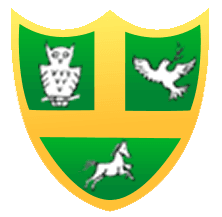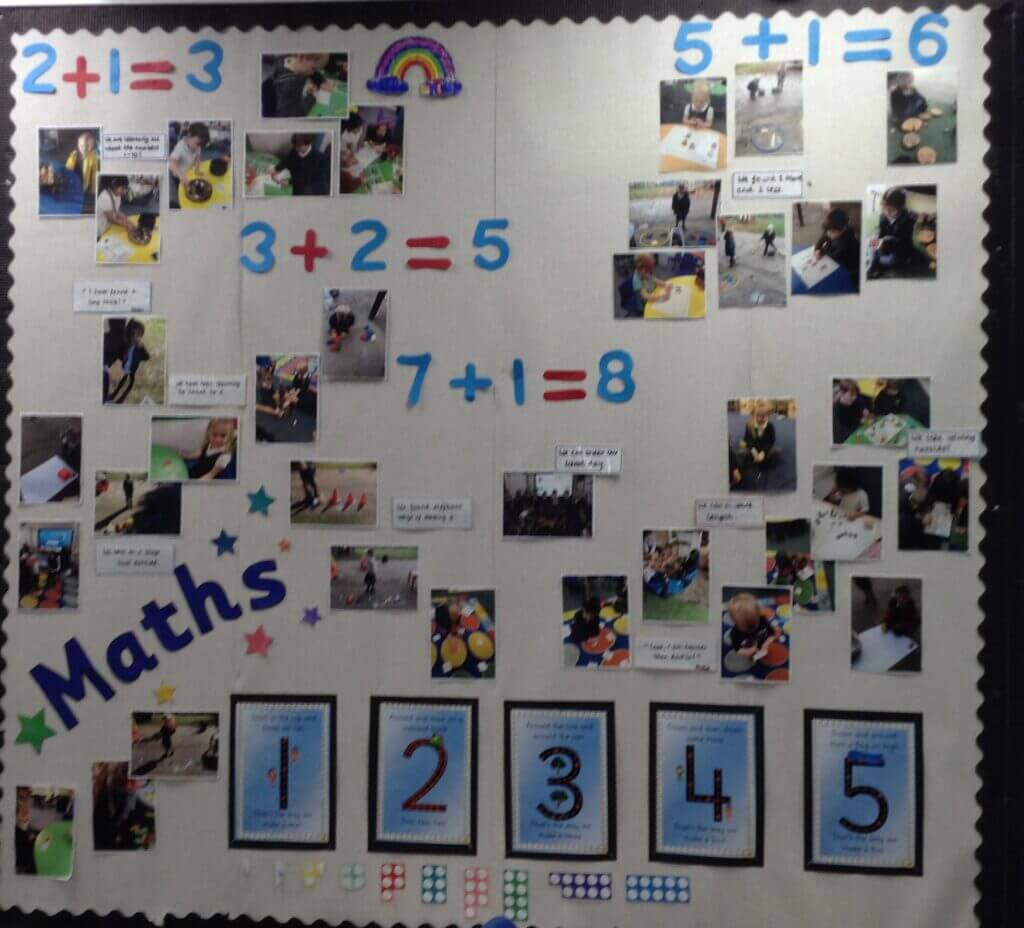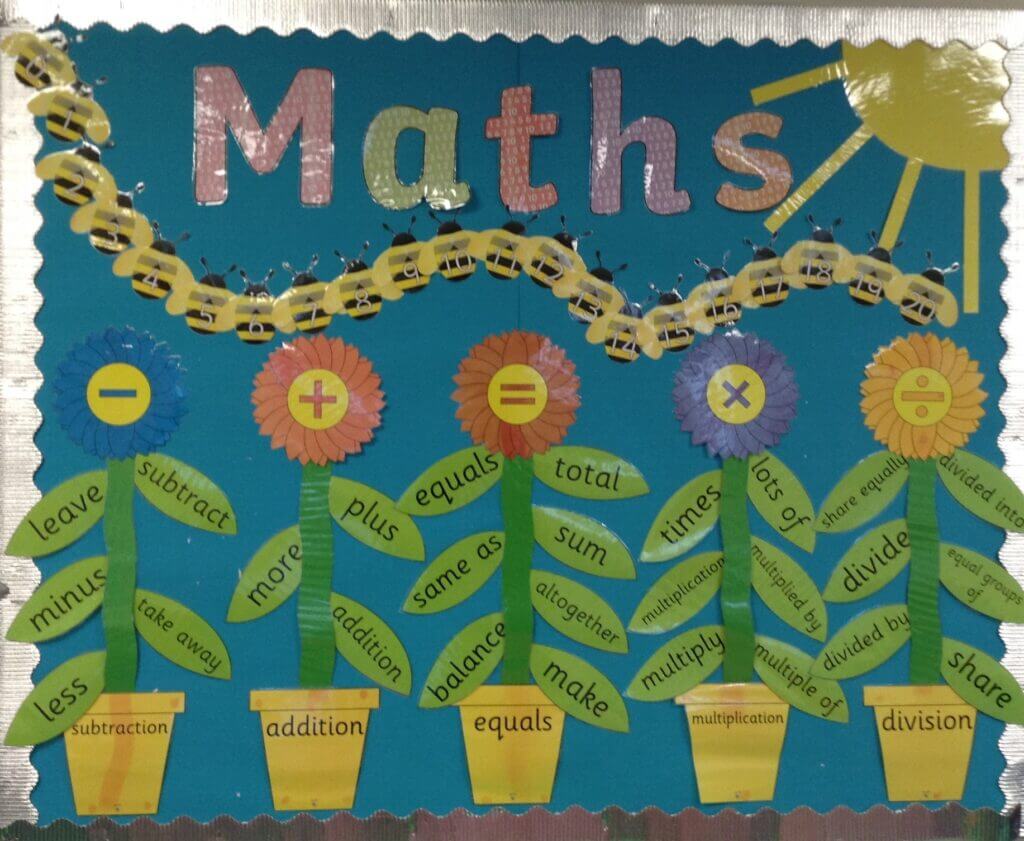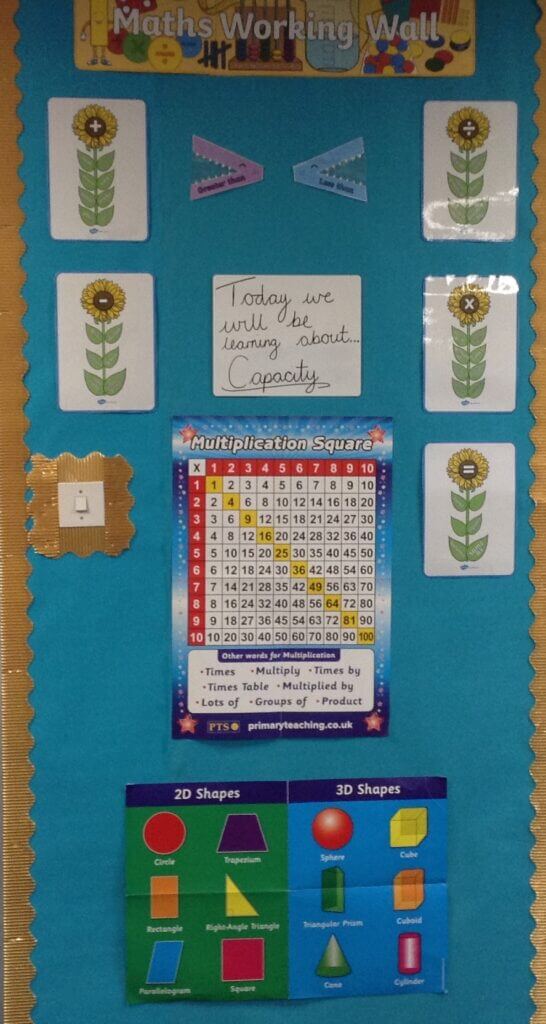Maths
Article 28: Every child has the right to an education
Intent: What we are trying to achieve in our curriculum?
Our curriculum is designed to meet and address the needs of the children who attend our school. It is ambitious, inclusive, broad and balanced. It is designed to provide a progression of knowledge, skills and vocabulary with clear end points, at the end of key phases in school. Assessment is used effectively to adapt the curriculum to the individual needs of the children. The threads, ‘Be ready, Be Respectful and Be Safe,’ provide the intent of our curriculum design and are implemented throughout each subject.
What do we want to develop in our children at Kirklevington? |
What does this look like in our School? |
|
Be Ready |
Be Ambitious – aim high, exposure to experts and role models, challenge provided in teaching knowledge, skills and vocabulary |
|
|
Be Independent – Prepared for now, the next steps and for life |
|
|
Be Resilient – confident, develop self-regulation, well-being strategies and be problem solvers |
|
|
||
Be Respectful |
Respectful behaviours – towards ourselves, our peers and others |
|
|
Respect rights -RRSA – Understand our rights, how they affect our lives and rights of children globally, celebrating differences |
|
|
Respect the environment – our school, the community and the wider world |
|
|
||
Be Safe |
Keep ourselves safe – know how to report concerns and worries, including with friendships |
|
|
Being safe in the school and community – Knowledge about, our families, the school, the local context and wider world |
|
|
Being safe online –Using technology for the right reasons and knowing its limitations |
|
Implementation
At Kirklevington Primary School, our Maths Curriculum is designed to enable children to build mathematical fluency through repetition and reinforcement. We give all children the opportunity to work independently and collaboratively to develop their understanding of numbers, measurement, patterns, shapes and space, in a relevant context, through various practical and recorded activities that allow them to explore, practice and talk confidently about maths using mathematic vocabulary. We provide them with opportunities to practice the correct arithmetic skills for their year group and apply them in different contexts. Children are encouraged to make and evaluate appropriate decisions, such as estimating calculating and evaluating, to enhance their reasoning and problem solving skills.
In order to maximise children’s mathematical potential, we believe that parental involvement is incredibly important. The parents receive a ‘calculations booklet’ which outlines the written methods and how parents can help their children with the maths homework that they receive regularly. Children’s progress is reported to parents regularly, through termly parent’s evenings and yearly academic reports.
The subject is taught in a structured and progressive way to ensure that previous learning is built upon and enhanced, as outlined in our Calculation Policy. Our Long Term and Medium Term plans highlight the curriculum objectives and progressive learning steps. Initially, we relate to the objectives set out in the Early Learning Goals, which underpin the curriculum planning for children at the beginning of their school journey. They are given ample opportunities to develop their understanding of maths, concepts and language through their extended provision, alongside their daily taught lesson. Emphasis in KS1 is placed on developing basic number skills. Through repetition and regular practice, the children gain a secure understanding of place value and recognising number bonds to twenty. During Lower Key Stage 2, the focus of mathematics is on the mastery of the four operations so that children can carry out calculations mentally, and by using written methods. As they progress into Upper Key Stage 2, the children are expected to know all of their times tables which will be particularly useful when solving larger problems and working with fractions. During Upper Key Stage 2, the children use their knowledge of number bonds and multiplication tables to tackle more complex problems, including larger multiplication and division, using considerably larger numbers. By the end of Key Stage 2, the children are expected to be confident with the use of all four standard methods for written calculations and to have secured their knowledge of the key number facts for the four operations. Their work will focus more on fractions, ratio, proportion and the introduction of algebra. Formative and summative assessment is used on a regular basis across the school to inform planning for children’s next steps (support and extension) where analysis of teaching and learning takes place. Teachers specifically plan for the use of mathematical vocabulary which is modelled throughout lessons and displayed on maths working walls within classrooms. This is revisited and discussed regularly to ensure retention and progression. Maths materials such as White Rose, NCETM Teaching for Mastery, NRICH and Problem Solving and Reasoning materials aim to allow children to be exposed to a range of different learning and problem solving opportunities which require them to persevere and develop resilience.
Impact
The impact of our maths curriculum is monitored in a number of ways. Moderation of books and lesson observations ensures a consistent approach to maths across the school, and allows us to monitor the progress that is being made. We ensure that children build on skills that have been acquired in the previous year, looking at their starting points and how they have moved forward in their learning. Maths books show activities which evidence fluency, reasoning and problem solving. Following our termly assessments, interventions are designed to support children, enabling learners to make sustained and accelerated progress. This enables them to retain and recall key mathematical strategies, facts and vocabulary. We use the information gathered, across the year, to gain a ‘bigger picture’, identifying our strengths and areas for development in the subject.
We ensure that children understand the relevance of what they are learning in relation to the real world and we do this by fostering an environment where maths is ‘practical and fun’. We celebrate the journey to finding the answer as being the most important aspect of maths and the children know that it is OK to be ‘wrong’. We believe our approaches help us to create resilient, confident and skilful mathematicians.




